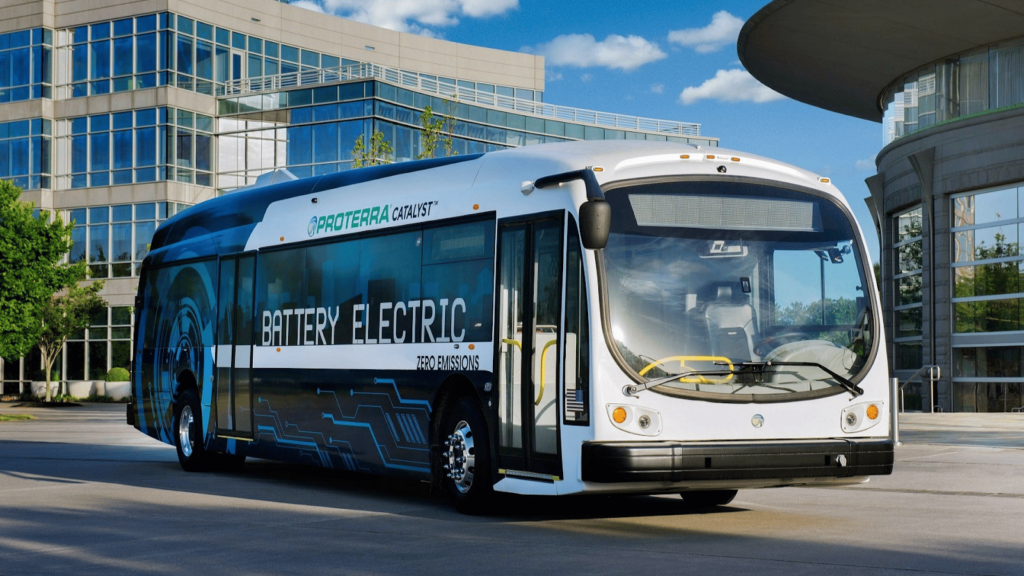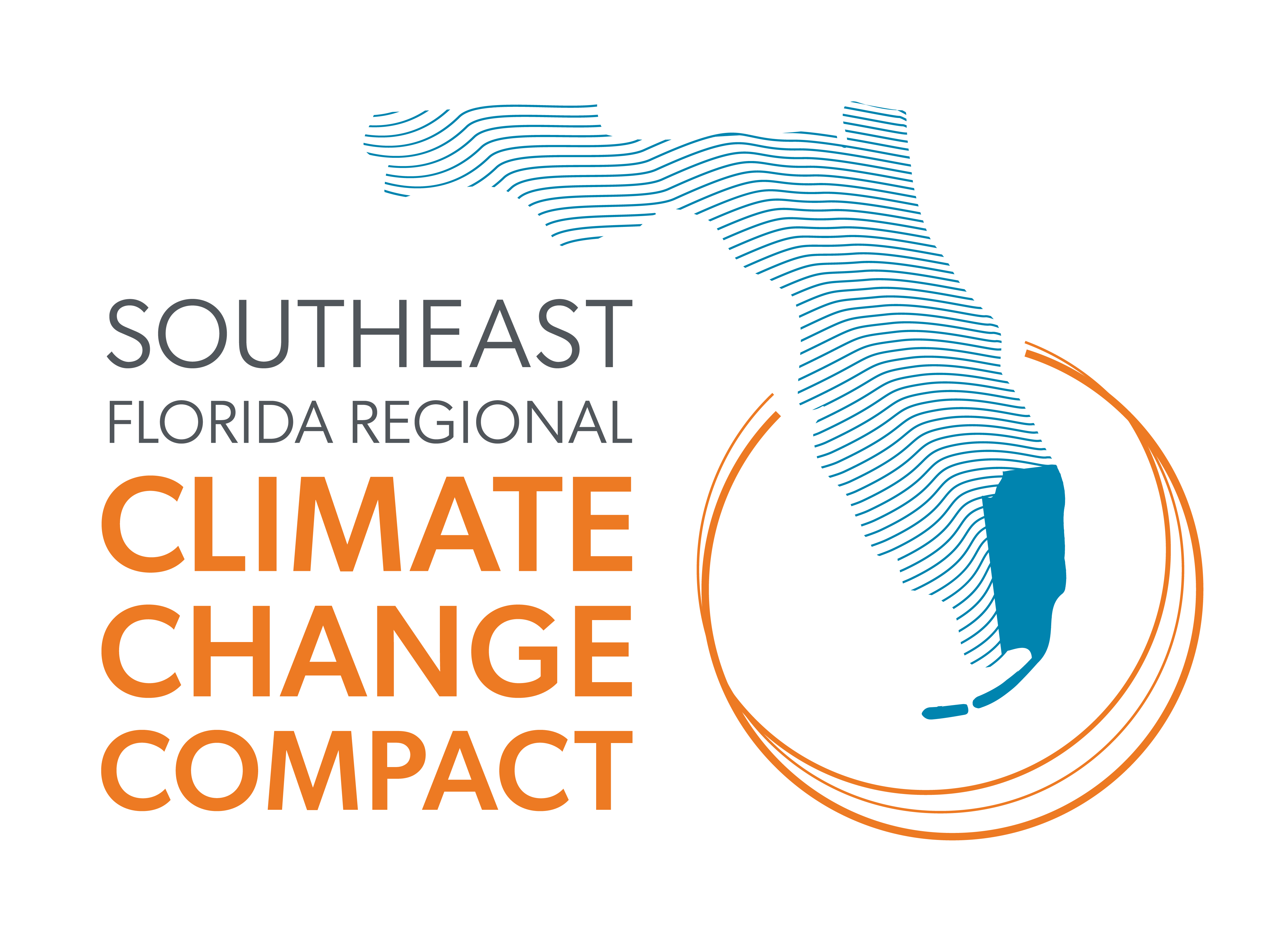
News
The Compact Counties Make Strides Toward Expanding Electric Vehicles
December 19, 2019

Given that transportation accounts for nearly half of the region’s emissions, the Compact Counties see significant opportunity to reduce emissions through the deployment of electric vehicles (EV) and supporting EV infrastructure. To this end, this fall, the Compact hosted a Regional Climate Action Plan implementation workshop on electric vehicles, which brought together key agencies from across the state and region involved in transportation planning, as well as fleet and facility leaders, representatives from Florida Power & Light (FP&L), and private and nonprofit sector stakeholders.
Andrew Dick, State Government Affairs and Policy Manager, Electrify America shared the company’s National ZEV Investment Plan which includes the Miami metro area as a key focus for the installation of DC Fast Charging infrastructure. Jill Dvareckas, Director of Development, Florida Power & Light, shared updates on FP&L’s $10 million FPL EVolution Pilot to install DC Fast Charging and its partnership with West Palm Beach for five electric school buses and provided insights on the Florida’s electric vehicle market. City and county leaders around the region shared their experiences installing EV infrastructure and transitioning public fleets, and how they can partner with others to hasten electrification. Workshop materials and presentations can be reviewed here.
Since then, Miami-Dade County announced that it will purchase 33, 40-foot Proterra Catalyst E2 electric buses and up to 75 plug-in Proterra chargers. With 33 electric buses and charging systems, this procurement represents the largest electric bus order on the East Coast.
To further the Mayor’s objectives, the County has made a strong commitment to reduce fossil fuel consumption, with at least 50 percent of the County’s buses being electrically powered by 2035. Transitioning to zero-emission buses presents a critical opportunity to cut pollution, reduce oil dependence and support a healthier community. Additionally, Miami-Dade is installing up to 75 plug-in chargers to support future expansion of the County’s electric vehicle fleet, and has approved the purchase of 5 electric vehicles for their fleet.
The Office of Resilience of Palm Beach County recently conducted an employee survey on electric vehicle (EV) charging stations at County facilities and was pleased to receive over 700 responses—more than 10 percent of all employees at the County. The Office of Resilience is using the EV survey results to help inform its preliminary research on EV best practices.
Of the employees who responded, more than a dozen already drive an all-electric or plug-in hybrid vehicle, and a third of respondents would consider buying an EV in the future. Responses were generally positive, with employees mostly favorable to the possibility of charging an EV at work, depending on the cost. Many employees expressed support for the County encouraging EV adoption as a way to reduce greenhouse gas emissions and reduce future climate change.
Broward County agencies are actively pursuing the goal of a fully electrified fleet by 2030 to reduce greenhouse gas emissions. In 2019, the Broward County Fleet Division added 14 light-duty zero emission electric vehicles to the fleet and installed seven dual-port Level 2 electric vehicle chargers at multiple County parking facilities. Broward County Transit ordered four electric busses that will be in service in 2020. An assessment of the necessary electrical infrastructure upgrades at the four primary fleet parking facilities is near completion and will provide the basis for further capital expenditures. In 2020, Environmental Planning and Resilience Division staff will be working on a county-wide EV readiness plan to inform future public electric vehicle infrastructure investment throughout the County.
Efforts to transition to greater adoption of EV and EV supply equipment come at an opportune moment as the Department of Environmental Protection just closed its first phase requesting proposals for the allocation of $5 million of the VW Settlement Beneficiary Mitigation Plan to replace old diesel school buses with electric school buses. This is the first of many bus projects that will be funded via the Settlement. The purpose of this project is to develop best practices for the Mitigation Plan’s “School, Transit, and Shuttle Bus Initiative,” which has allocated 70 percent, or about $116 million, for funding bus replacement projects. Florida public school districts were able to apply for up to 100 percent cost-reimbursement for the replacement of 2009 or older diesel school buses with new electric battery-powered school buses and associated charging infrastructure.
